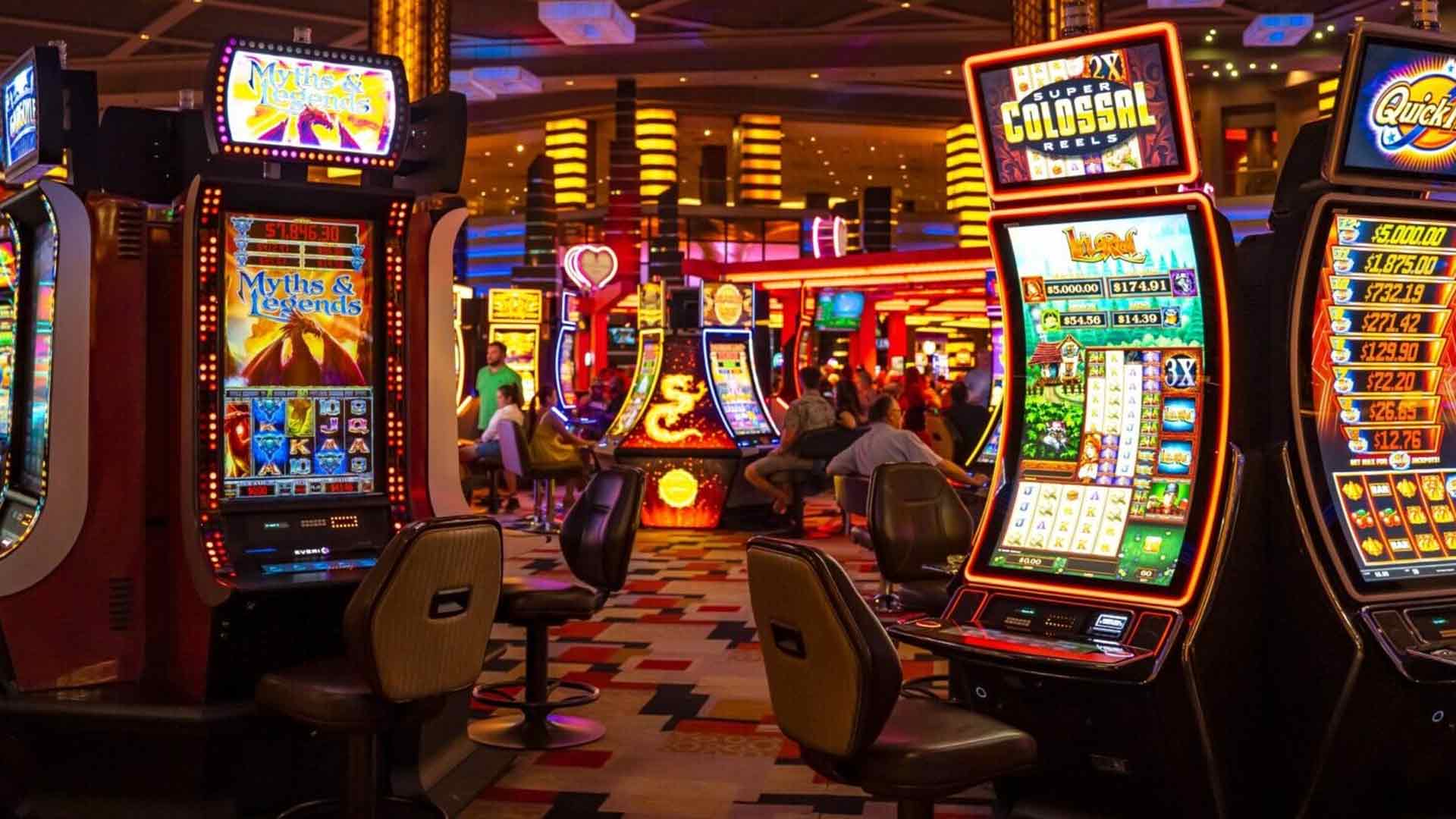Casinos and the Craft of Illusion

Casinos and the Craft of Illusion
Casinos, with their dazzling lights, alluring sounds, and pervasive sense of excitement, have long been masters of illusion. Far more than just places to gamble, they are carefully constructed environments designed to manipulate our perceptions, emotions, and behaviors. The entire casino experience, from the architectural design to the games themselves, is meticulously crafted to draw us in and keep us playing, often at a financial cost to ourselves.
At the heart of this illusion lies the principle of control. Casinos exert control over every aspect of the environment, minimizing distractions and maximizing engagement with the games. This begins with the layout. Unlike traditional businesses that prioritize efficient navigation, casinos utilize a maze-like design. There are no clocks or windows, removing our awareness of time and the outside world. This disorientation encourages players to lose themselves in the moment, forgetting their initial intentions and playing for longer periods.
The use of color and lighting is also deliberate. Casinos frequently employ vibrant colors and dramatic lighting to create a sense of energy and excitement. These visual stimuli trigger the release of dopamine, a neurotransmitter associated with pleasure and reward. The flashing lights and bright displays associated with winning reinforce this positive association, further encouraging continued play. Furthermore, casinos often use low ceilings in some areas to create a sense of intimacy and excitement, while high ceilings in others, like the entrance, offer a feeling of grandeur and welcome.
The sounds of the casino contribute significantly to the illusion. The constant chatter of players, the ringing of slot machines, and the rhythmic shuffling of cards create a symphony of anticipation and excitement. This auditory landscape serves to heighten the emotional experience, making wins feel more significant and losses less impactful. The use of music, often with a moderate tempo, further contributes to the overall atmosphere, encouraging relaxation and prolonged engagement.
The games themselves are meticulously designed to create the illusion of control and near wins. Slot machines, for instance, employ sophisticated algorithms that determine payouts. The flashing lights and sound effects associated with near misses are designed to create the illusion that a win is just around the corner, enticing players to keep trying. Similarly, table games like poker and blackjack offer the illusion of strategic control, even though the house always holds a statistical advantage. The more skilled the player believes they are, the more likely they are to gamble, fueled by the illusion of mastery.
The staff of a casino also play a crucial role in maintaining the illusion. Dealers are trained to be friendly and engaging, creating a welcoming atmosphere that encourages players to feel comfortable and stay longer. The availability of free drinks and other perks, such as loyalty programs, further reinforces this sense of hospitality and encourages continued play. These incentives, though seemingly insignificant, add up to a considerable cost for the player over time.
However, the illusion is not without its vulnerabilities. Responsible gambling practices, such as setting limits on time and money spent, can help players maintain control. Understanding the house edge and the statistical probabilities associated with each game can also help to dispel the illusion of luck and skill. Ultimately, awareness is the key. By recognizing the deliberate strategies employed by casinos, players can make informed decisions and enjoy the entertainment without falling prey to the seductive power of illusion.
The world of online casinos continues to evolve, bringing the allure of the game to your fingertips. If you're looking for a trusted and entertaining online platform, consider exploring m88 octo slot. Just remember to gamble responsibly and be aware of the illusions at play.
In conclusion, casinos are masterful architects of experience, weaving a tapestry of sensory input and psychological manipulation to create an environment that is both captivating and potentially costly. By understanding the craft of illusion, players can approach the casino experience with a greater sense of awareness and control, ensuring that entertainment remains just that: entertainment.
```